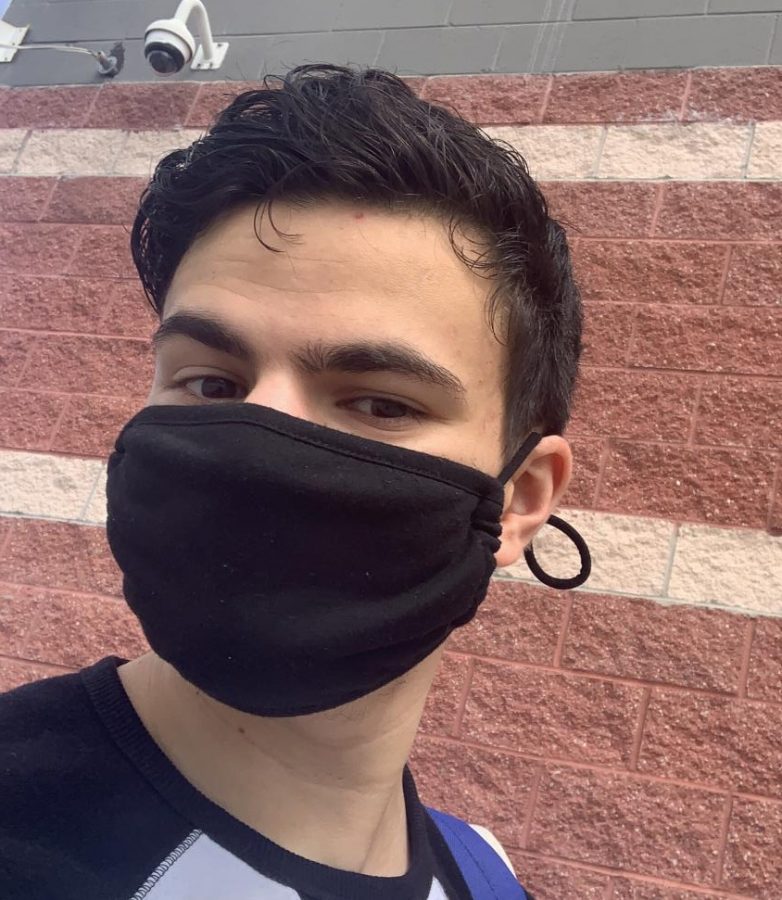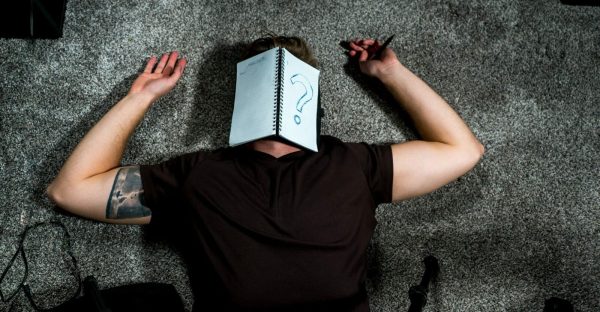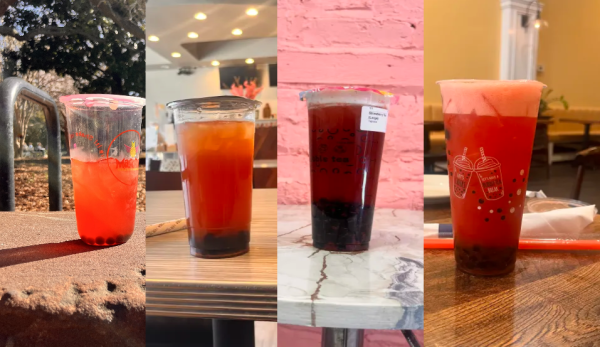Alumnus shares Covid-19 College Freshman Experience
As college freshmen return home for winter break across the country, parents will hear, for the first time, their kids referring to Charleston as “no longer their home,” since they now live, study, and maybe even work in a different city. However, this disregards a smaller, often-overlooked group of students: those who never left.
As the nation’s Covid-19 statistics neared 6,000,000 confirmed cases, many private universities elected to switch towards primarily or completely virtual course instruction,including my own institution, Columbia University. For those of us who were suddenly stripped of our opportunity to begin the next chapters of our lives, we found ourselves in an Alighieri-esque “Limbo,” the first circle of Hell.
Now, I know there’s nothing new about this spiel; everyone’s heard how much the Class of 2020 suffered when a quintessential part of the human experience was taken away from them. However, as the world—and even us graduates—moved on, the focus shifted towards what needed immediate attention: the economy, mental health, and, of course, public health.
But getting swept up into the uptick of depression and anxiety diagnoses caused by the pandemic overlooks something: graduating high school is a milestone. It’s the end of a chapter of your life. Meanwhile, starting college, especially on campus in a new city, is the beginning of your next chapter. The beginning of your independence and your future.
For anyone who was lucky enough to move on-campus in August/September, this chronology is more or less how it played out, but for those of us who found ourselves learning remotely, there’s a third chapter: a chapter of our lives that’s static. As a friend of mine labeled it, “a Covid Chapter.”
The summer between high school and college is already the perfect time for molding your identity, but with this extended filler episode afforded to us by a lack of in-person college, it’s the perfect time for an identity crisis. According to my friend, Amber Smith*, whose school’s Fall 2020 plan left her at home in Charleston, “it was unexpected but also anticlimactic.” We have to struggle with the reality of living at home after we’ve mentally prepared ourselves for a more independent lifestyle.
Or as my friend Eli LeRoy, who has, like me, been taking classes online through his school, American University, sees it, “I have no sense of belonging but all my peers do.”
We feel lonely. Beyond the loneliness of being home for roughly 90% of our days, sitting in front of a computer switching from Zoom classes to homework to more classes to the eventual break (“which consists of watching Netflix… on your computer”), we feel lonely insofar that all our former connections and all of what formerly made this place our home, aren’t here anymore, either.
Our friends moved away. Our new friends from school live in completely different parts of the country. Our high school hangouts are either dull now that we can’t go with anyone, or they’re not the most Covid-friendly.
According to Eli, “our only solace is working at part-time jobs, which should compensate for our lack of social interaction, but only seems to make it worse.” In order to get out and do something, we take on responsibilities. But now, our lives become a cycle: wake up, class, homework, class, homework, class, homework, work, homework, break, homework, sleep, repeat. And while this can be torture in itself, we struggle even moreso, due to our belief that we’re alone in this. It’s depressing. It’s like having a constant, inescapable feeling that you’re missing out on one of the most important parts of your life… but knowing that it’s not just a feeling: you really are missing out on one of the most important parts of your life. But again, this isn’t another “feel bad for the Class of 2020” rants. It’s not even a “feel bad for us ‘virtuous pagans’ (a nice Inferno allusion for you guys)” rant. In fact, it’s not even a rant.
Mental health has been at the forefront of this Pandemic since it began to affect the United States, but we’ve only focused on two aspects: diagnosed mental health issues (mainly depression and anxiety) or “well-being.” This leaves that “grey area” of people who are in some kind of funk, even though it’s not an official, diagnosable issue, overlooked. This leaves those of us in Limbo, overlooked.
We’re getting nowhere spewing clichés like “everyone’s struggling right now,” “you’re not alone,” or “we just need to pivot.” They’re not false statements; there’s nothing inherently wrong with them, but they’re like bandaids that are meant for covering bullet holes. For this endless amount of time we’ve seemed to have these past two years—I mean ten months—we don’t seem to take the time to dig past the surface, to see what struggles others are going through, unless it’s something everyone goes through. For me and my peers, we’ve been silently drowning: only keeping our heads above the water enough so that our grades stay afloat, but not maintaining enough energy to scream for help. For you, your struggle may be different, but just as valid, but unless it’s something common, diagnosable, or curable, it may not be apparent to those around you. So, pay attention, speak your mind, and even though we may be in a weird, Covid Limbo, remember to fight like hell until we can make it through.
* The name has been changed for reasons of privacy.








